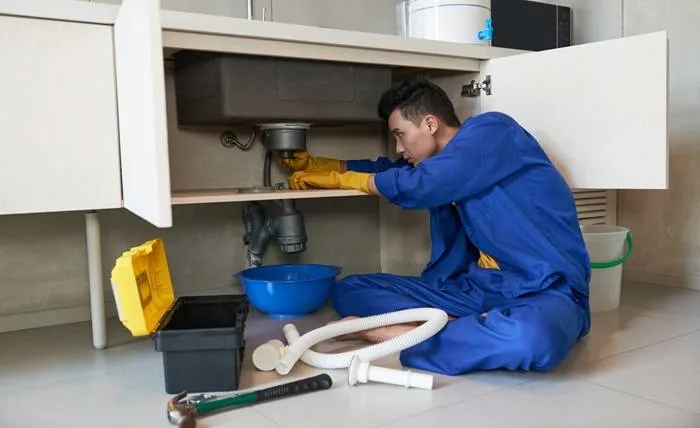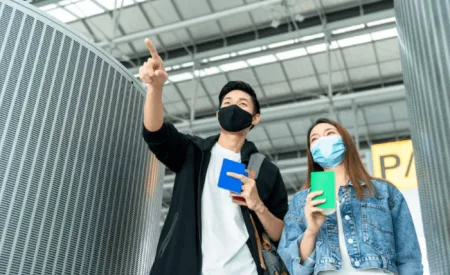Maintaining a smoothly functioning plumbing system in your home is not just about convenience; it’s about preserving your property’s integrity and ensuring everyone’s comfort. However, despite our best efforts, plumbing issues can arise unexpectedly, disrupting our daily routines and causing stress. From minor inconveniences like leaky faucets to more severe problems like burst pipes, knowing how to navigate these common pitfalls is essential for every homeowner. This comprehensive guide will delve deeper into plumbing, exploring common issues, prevention strategies, and practical solutions to keep your home’s plumbing in optimal condition.
Identifying Common Plumbing Pitfalls
- Leaky Fixtures and Pipes: Leaks are a nuisance and a significant source of water waste and potential property damage. A dripping faucet or a small leak in a pipe may seem harmless at first, but over time, they can lead to mold growth, structural damage, and skyrocketing water bills. To prevent leaks, it’s crucial to conduct regular inspections of your plumbing fixtures and pipes, checking for any signs of moisture or corrosion. Additionally, investing in high-quality plumbing materials and fixtures, such as those provided by a plumber Salem, Oregon, can help minimize the risk of leaks occurring in the first place.
- Clogged Drains: Nothing is more frustrating than dealing with a stubborn clog in your sink, shower, or toilet. Clogged drains can occur due to a variety of reasons, including hair, soap scum, food debris, and foreign objects. While some minor clogs can be cleared with a plunger or a drain snake, more severe blockages may require professional intervention. To prevent clogs, consider installing drain guards or strainers to catch debris before it enters the pipes, and avoid pouring grease or oil down the drain, as they can solidify and cause blockages over time.
- Water Heater Issues: Your water heater is crucial in providing hot water for bathing, cooking, and cleaning. However, like any other appliance, water heaters are susceptible to wear and tear, leading to insufficient hot water, strange noises, and leaks. To prevent water heater problems, it’s essential to flush the tank regularly to remove sediment buildup, check for signs of corrosion on the heating elements, and maintain the appropriate temperature setting. Additionally, scheduling annual maintenance with a licensed plumber can help identify and address potential issues before they escalate.
Prevention and Solutions
- Regular Maintenance: A proactive approach to plumbing maintenance can save you time, money, and headaches in the long run. By scheduling annual inspections with a qualified plumber, you can catch minor issues before they become significant problems, prolonging the lifespan of your plumbing systemand avoiding costly repairs.
- Proper Disposal Practices: Many plumbing issues can be traced back to improper disposal practices. Avoid flushing non-biodegradable items down the toilet, such as wipes, cotton balls, and hygiene products, to prevent clogs and other issues. Additionally, refrain from pouring grease, oil, or coffee grounds down the drain, as they can solidify and cause blockages.
- Invest in Quality Fixtures and Appliances: Quality matters regarding plumbing fixtures and appliances. While it may be tempting to opt for cheaper options, investing in high-quality products from reputable brands can save you money in the long run by reducing the need for repairs and replacements.
Conclusion
Navigating the world of home plumbing can be challenging, but with the proper knowledge and preventive measures, you can keep your plumbing system running smoothly for years to come. By staying vigilant, conducting regular maintenance, and seeking professional help, you can avoid common pitfalls and enjoy peace of mind knowing that your home’s plumbing is in good hands.



